
"Explore the codebase and learn how agent mode is implemented, what context is sent to LLMs, and how we engineer our prompts."
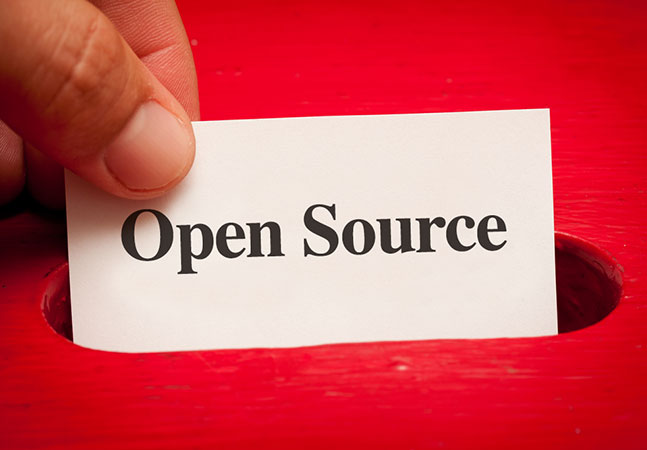
Microsoft has open sourced the GitHub Copilot Chat extension, marking a major step in turning VS Code into an open-source AI editor focused on transparency, collaboration, and community-driven development.
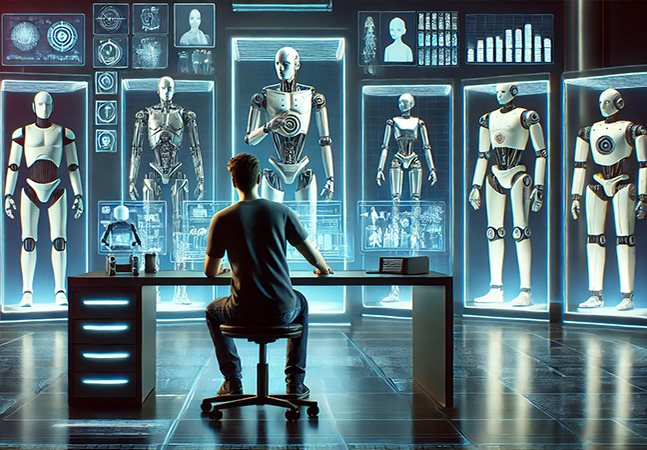
Along with a new default model, a new Consumptions panel in the IDE helps developers monitor their usage of the various models, paired with UI to help easily switch among models.

Mads Kristensen, Microsoft's principal product manager for Visual Studio, will demonstrate "workflows we've never shown publicly before" at the Aug. 4-8 VSLive! developer conference being held at Microsoft headquarters in Redmond, Wash.
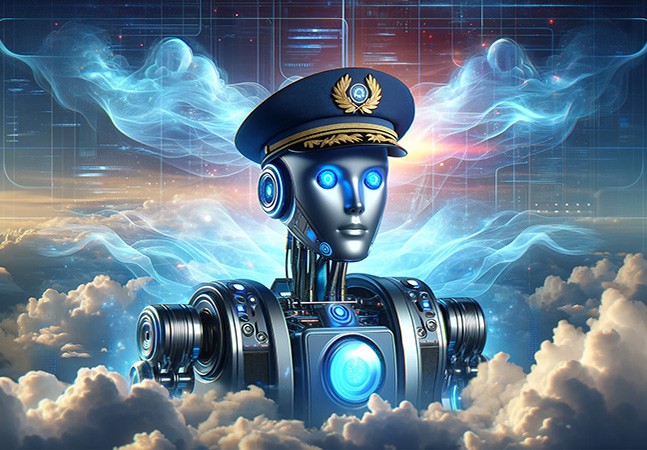
GitHub Copilot for Azure just shipped with an important addition since its debut at Ignite 2024 as a private preview, becoming an autonomous operator for DevOps workflows.
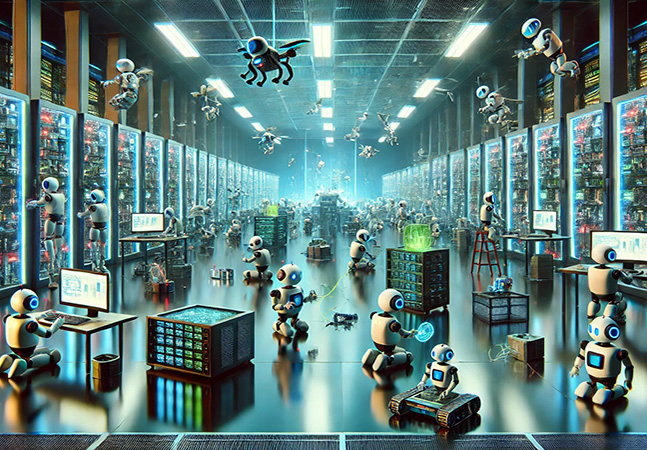
Agent mode, MCP, next edit suggestions, and more -- GitHub Copilot is getting smarter in both VS and VS Code. Here's a side-by-side look at what developers get in each IDE.
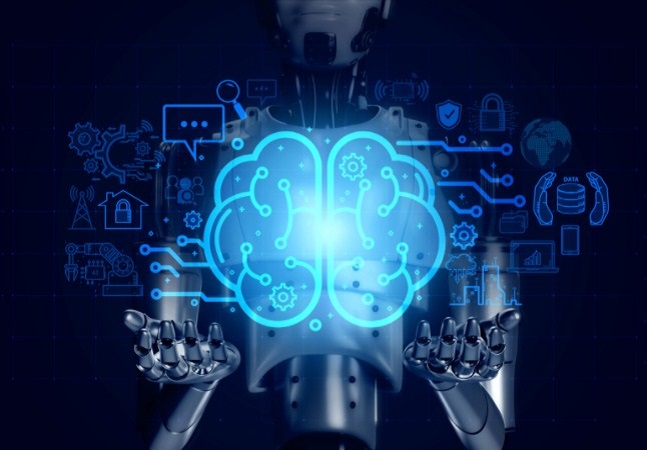
Microsoft's May 2025 release brings major AI advancements, including expanded Model Context Protocol support and a smarter, more customizable chat experience.

.NET Aspire 9.3 brings GitHub Copilot to the Aspire dashboard and adds key improvements across publishing, Azure integrations, container management and developer experience.
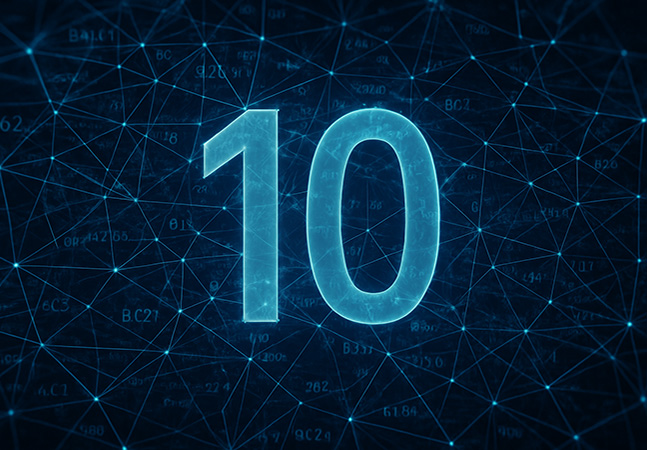
Microsoft’s new .NET 10 Preview 5 brings post-quantum cryptography to its core libraries, helping developers prepare for the future quantum threat landscape. Here’s what’s new -- and why the industry is moving now.

Visual Studio subscribers can now score a discount to attend VSLive! at Microsoft HQ this August. The conference will showcase a wide range of Microsoft developer experts and sessions on topics like Blazor, AI, SQL, and more -- here’s a preview of what to expect.
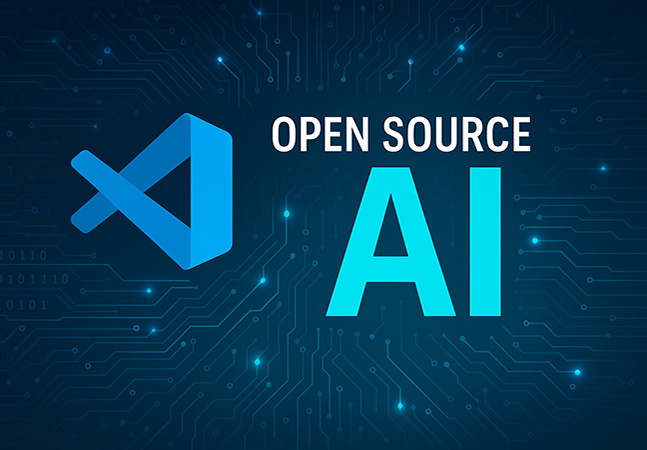
Microsoft has delayed its May 2025 VS Code release while advancing plans to open source its GitHub Copilot Chat extension, part of a broader effort to position the editor as an "open source AI editor."

Infragistics' Ultimate 25.1 release introduces AI-powered features to its App Builder and updates across the Ignite UI suite, including enhanced Grid components and new UI elements, aiming to streamline app development and boost productivity.
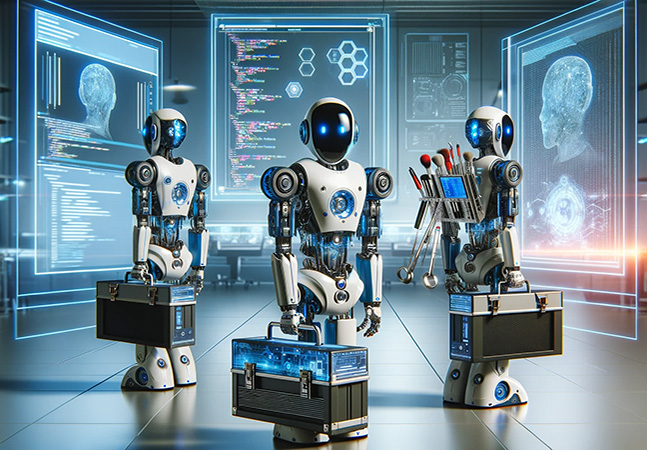
Progress Software's Q2 2025 Telerik and Kendo UI release introduces AI-powered Coding Assistants for Blazor and React, natural language theme generation, and GenAI-based reporting enhancements—aimed at accelerating and simplifying enterprise app development.
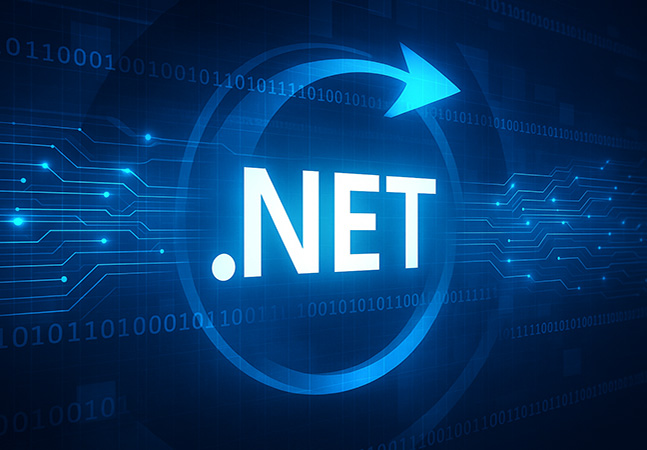
.NET's rapid evolution into a lean, AI-driven platform demands constant recalibration—making focused, real-world training more valuable than ever for staying productive and secure.
- By Visual Studio Magazine Editors
- 06/02/2025
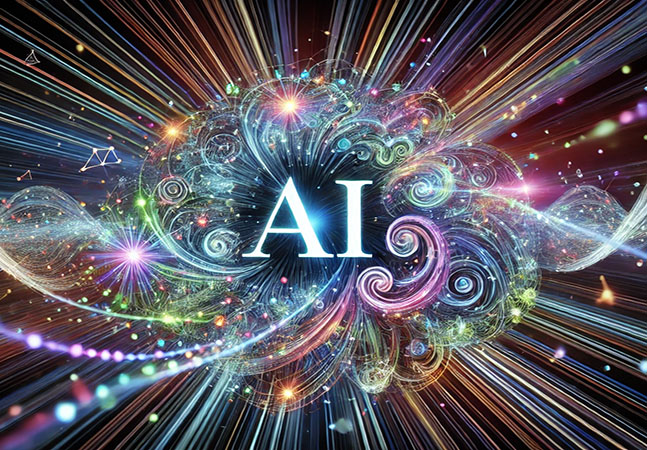
Welcome to the Multi-AI Era: Multimodal models & AI agents are reshaping dev work. Microsoft says it's the "age of AI agents" -- are you ready?
- By Visual Studio Magazine Editors
- 05/21/2025

As our new age of agentic AI takes shape, Google is stepping up its game with the introduction of the Jules agent and enhanced Gemini AI, which could be seen as a direct response to the growing competition from Microsoft and GitHub, who have been making significant strides in the space.

Microsoft ushers in a new era at Build 2025, unveiling a wave of AI-powered agents designed to transform software development, supercharge productivity, and redefine the future of coding.

OpenAI's "Codex" AI model is back, in a new form from the 2021 offering that powered the original GitHub Copilot and kickstarted the GenAI craze.
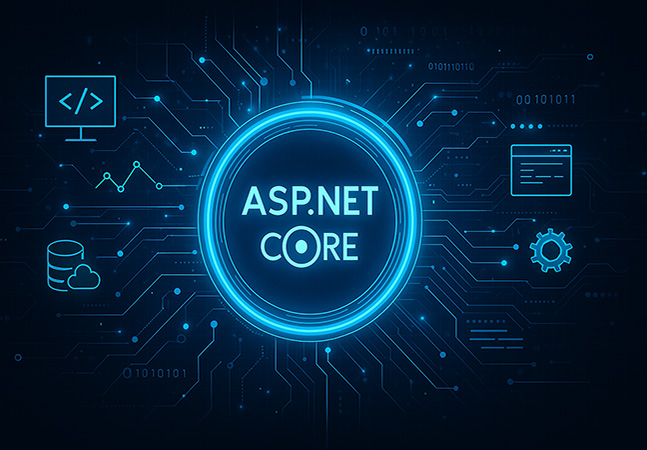
Microsoft this week shipped the fourth preview of .NET 10 without groundbreaking features but with much work devoted to ASP.NET Core & Blazor, where several work items were devoted to OpenAPI.

Agent mode, now in public preview for Visual Studio 17.14, marks a major step forward for AI-assisted development. Unlike previous Copilot features, agent mode can autonomously plan, edit, iterate, and invoke trusted tools-completing complex coding tasks from a single natural language prompt.